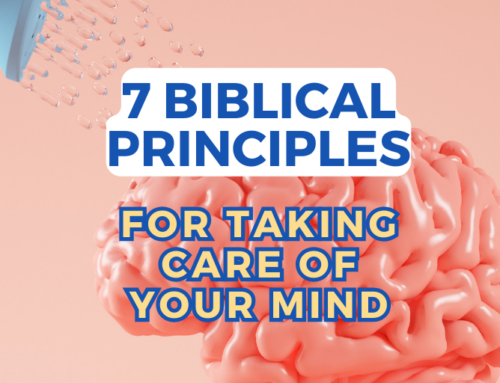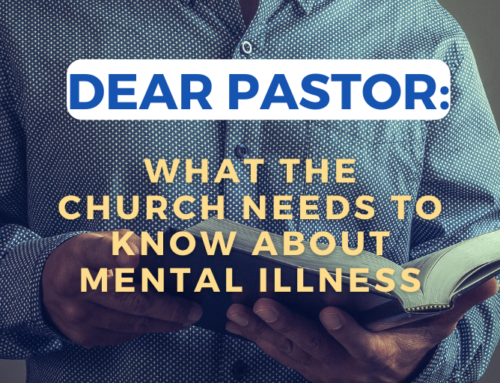In my search for the latest and greatest information and support for persons with mental illness (MI) , I ran across a Facebook site called, “Advocates for People with Mental Illness.” I quickly came to know this site was unique: sensitive to the stories of individuals and families afflicted by MI, but also containing provocative reflections and proactive links to research and legislation at the cutting edge of the field.
I reached out to Laura Pogliano, an administrator for the site and she agreed to do an interview. My words are in italics.
What drew you into the field of mental health advocacy?
Well, the human psyche is itself interesting, but primarily my son became suddenly ill with psychosis and paranoia in the summer of 2008. By 2010, I was understanding how important advocacy was, not only for my son, but for others. I was very upset with a therapist he had early on, and while expressing that, she said to me: You’ll make a great advocate. I said, genuinely, Why would we need an advocate? Understatement of the century.
Yes. Would you say that from your son’s experience, you have seen “the best of care & the worst of care”?
I’m always very clear that my son had impeccable care. If I could work toward a goal in mental illness, it would be that every hospital system was as compassionate and just ultra competent like Hopkins. My son many times was given the opportunity to stay until he was well–very rare in most people’s experiences. I hear horror stories: they are what keeps me going besides honoring my son. this system has to change. it’s time.
Quality, competent care is certainly rare. Do you think there was something special in how your son responded to treatment, or did he just get “the luck of the draw”? Do you know what I mean?
No my son had the worst luck actually. with every med he got every bad side effect across the board. He was only sick six years, and in that time, he went through every anti-psychotic and ended up sicker than ever. He more or less had low grade psychosis, so he wasn’t untreatable, but it was heading that way. His rare good treatment is due to the fact that we live in an area where psychiatry is very practiced. Baltimore has two really huge MI hospital systems, Johns Hopkins, and Sheppard Pratt. There is quality care and there are many dedicated, good psychiatrists here; lots of research dollars.
I should include that you are right to assume that luck has a lot to do with it in general–who gets good care should not depend on where you live. For many people, there are few resources and quality choices.
I get what you mean now. I want to shift to how your son’s schizophrenia affected you. Parents bear a heavy load when their child is symptomatic. How did this his illness impact you?
It was incredibly impactful. until he actually died. I mourned his loss every minute of the day, he was so drastically changed. It felt like overnight someone stole my child; it was harrowing. I became ill with bulimia, anxiety, PTSD, and depression, all while trying to care for him at home. It took a long time to digest how altered his life would be and how incapacitated he would become The losses are devastating, yours and his.
How are you grieving now?
I find that I don’t cry unless I talk about him; then it’s hard even to say his name. But I do feel that he is not suffering now, and that is very important. Time is passing and I understand more and more how much he loved me, and how much I learned how to love from him. I’m trying to stay positive.
Do you find a measure of comfort and healing in your advocacy?
Yes, I say this is still Zac’s story; he’s just not here for this part. We who have lost children to MI must take up their voice for them. Advocacy is healing, and it’s comforting to know that Zac is proud of me for helping others in this journey.
You are addressing MI issues through a number of avenues: legislative, research, family support. Many of my readers belong to faith communities. What would you like to see us do to improve mental health care?
I would like in particular for it to be recognized as it is, an injured brain, a disease, so that it was never (because it is behavioral) a moral failing, or a sin, or something to be ashamed of. I have heard some good stories and some bad of the faith community in regards to MI. However, everyone should see it as disease, everyone. We need advocates to do what we can to foster that understanding as MI as illness.
I agree. And, in my own experience, I have found very damaging views expressed, sometimes pervasively. As I dealt with my own illness, however, I found many who were wrestling with their own in silence.
Yes, I think you are doing a compassionate and very necessary service with your focus in advocacy. I appreciate your blog and what you’re trying to accomplish.
You recently posted about the founding of St. Elizabeth’s Hospital and the pioneering work of Dorothea Dix in humanely caring for persons with mental illness intrigued me. Do you think we could do such a thing now?
I’m not sure. People are doing what they can on their own corner, but there’s no concerted effort to do anything for the mentally ill nationally. It’s an interesting question, if someone could come along to head up a real revolution with care and understanding and treatment of MI. The truth is there are just as many wretched lost SMI souls as in the day she lived…our jails and streets are full of them.
It can seem like a lost cause, yes. But maybe a lost cause worth fighting for. I know as a person with bipolar, I need all the advocates I can get.
I agree with you, it’s very much worth fighting for every person with a diagnosis.
At the end of her last e-mail to me, Laura included this tag-line I found very appropriate.
“… your place on this earth is right next to your brother–the sick, the suffering, the unwanted, the maligned, the poor; and the only worthwhile response is love.”








